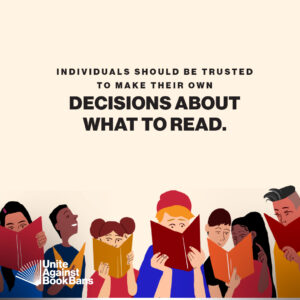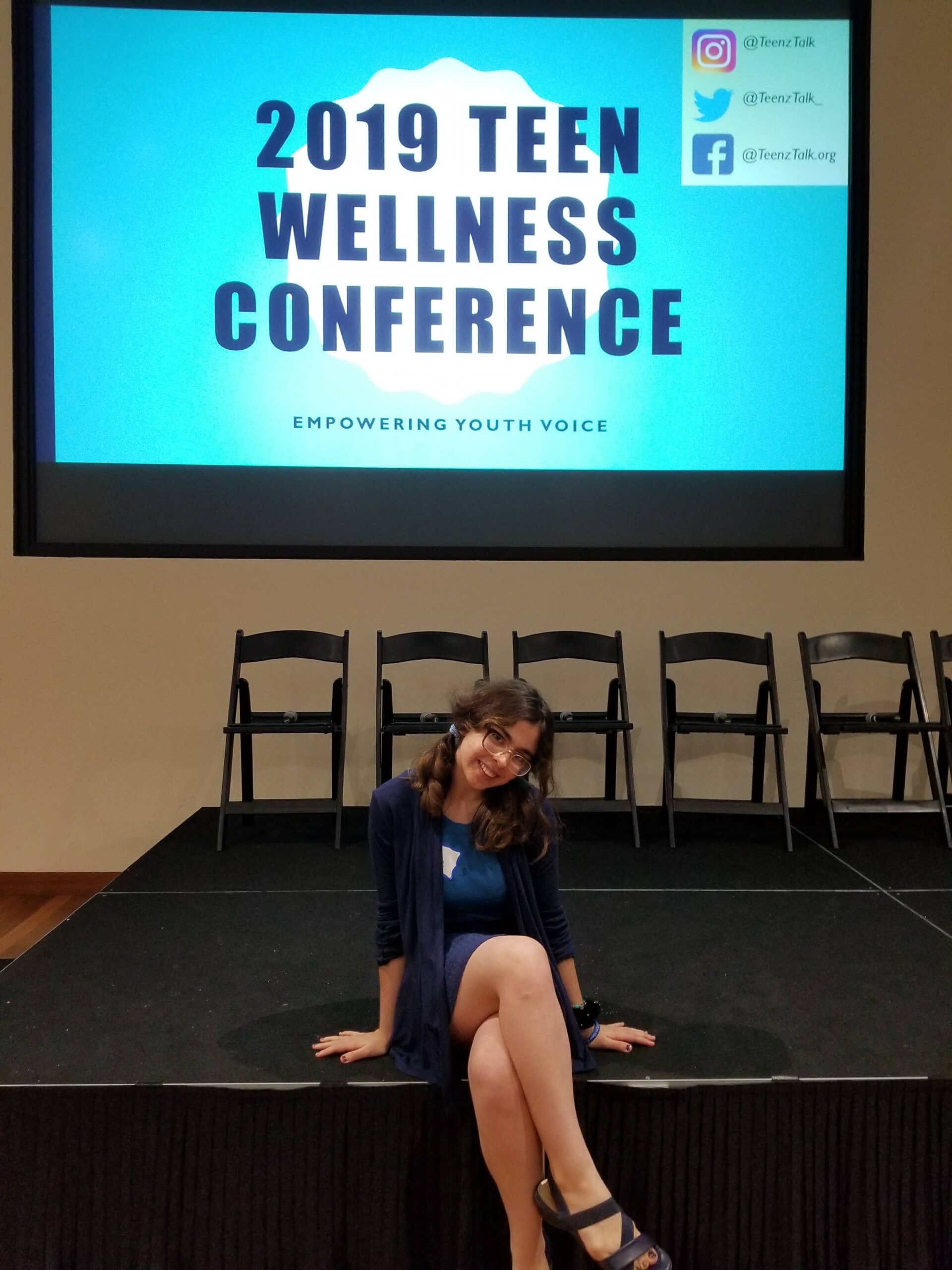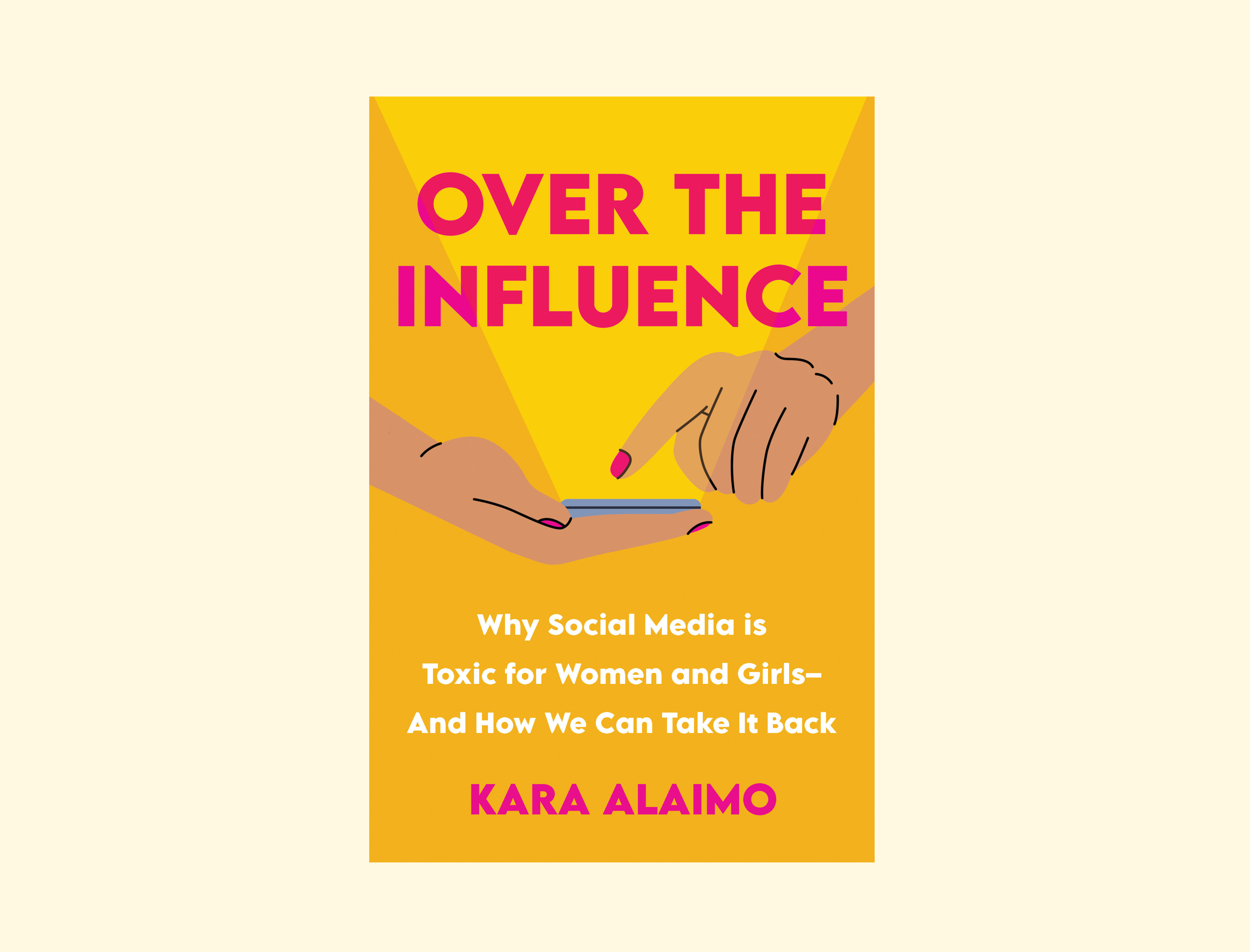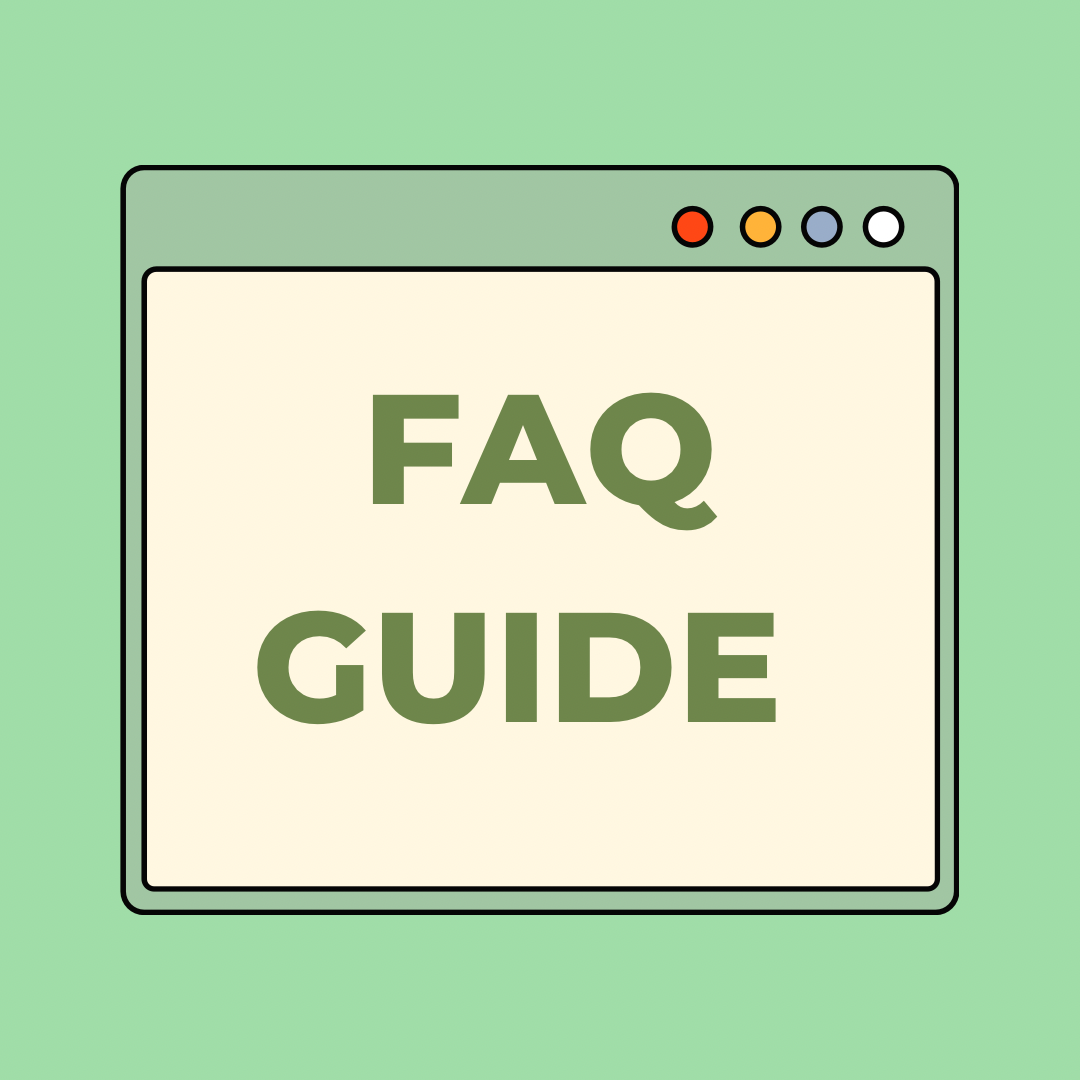From Oct. 1 to Oct. 7, we celebrate Banned Books Week — a week that highlights the importance of intellectual freedom, the fight against censorship, and the right to read and explore diverse perspectives through literature.
This observance is a reminder of the ongoing challenges faced by authors, readers, educators, and librarians in defending the freedom to access and express diverse ideas through literature, and serves as a reminder that we can take concrete steps as individuals and communities to fight book censorship.
Here are 5 ways that you can advocate against banned books today and year-round:
1) Educate Yourself and Others
Banned Books Week originated in 1982 as a response to a significant increase in the number of challenges to books in bookstores, libraries, and schools across the United States. This annual event underscores the importance of unrestricted access to information, and unites the entire literary community to promote the freedom to explore and communicate ideas. Learn about the history of book banning and the reasons behind these actions. Share this knowledge with friends, family, and your community to raise awareness about the issue. Understanding the context and motives behind book censorship can help build a compelling case against it.
2) Speak Out Against Censorship
Don’t wait for a book to be challenged or banned to discuss the importance of free expression and the dangers of censorship. Check out this toolkit by Unite Against Banned Books, which provides tangible ways you can be proactive in defending the right to read without restriction, such as encouraging open dialogue about the value of diverse literature. By fostering these discussions, you will create a culture where censorship is less likely to take hold.

3) Support Banned Books and Advocacy Organizations
Take an active role in Banned Book Week events and activities in your area (this week and beyond). Attend discussions, readings, and workshops to show your support and connect with fellow advocates to stay up-to-date on everything happening with books and censorship. There are many organizations dedicated to defending the freedom to read, and protecting authors, readers, and the integrity of literature. Consider donating to or volunteering with groups like the American Library Association (ALA), the Freedom to Read Foundation, the National Coalition Against Censorship (NCAC), PEN America, and We Need Diverse Books.
4) Promote Inclusive Reading
Remember that speaking out against banned books is not only about protecting the rights of authors and readers but also about fostering a society that values free expression and open dialogue. Advocate for the availability of books that represent various cultures, experiences, and perspectives. Controversial or challenging books play a crucial role in promoting critical thinking and empathy. Encourage your local bookstores, libraries, and schools to offer a wide range of literature that reflects the rich diversity of human experiences, ideas, and voices. Start your own neighborhood book club that is committed to reading inclusive books!
5) Get Involved in Your Community
When you hear about a book being challenged or banned in your community or school, take action! Write letters to your local or state representatives (learn how to here), call your elected officials, attend public school board and town council meetings, or participate in protests to express your opposition to censorship. Support local librarians and educators who are on the front lines of defending the freedom to read.
For the entire month of October (Oct. 1 to Oct. 28), the Banned Books Tour is connecting with authors, bookstores, communities, libraries, and local leaders through their “festival on wheels,” celebrating the freedom to read. A bookmobile is distributing books in states that have witnessed the highest incidents of banned books, including Texas, Florida, Missouri, Virginia, and Pennsylvania. Click here to see if you live near one of the bookmobile stops, and come support the cause! Just showing up for those who champion the fight against book bans can make a significant impact. And read or buy a banned book while you’re at it!

















